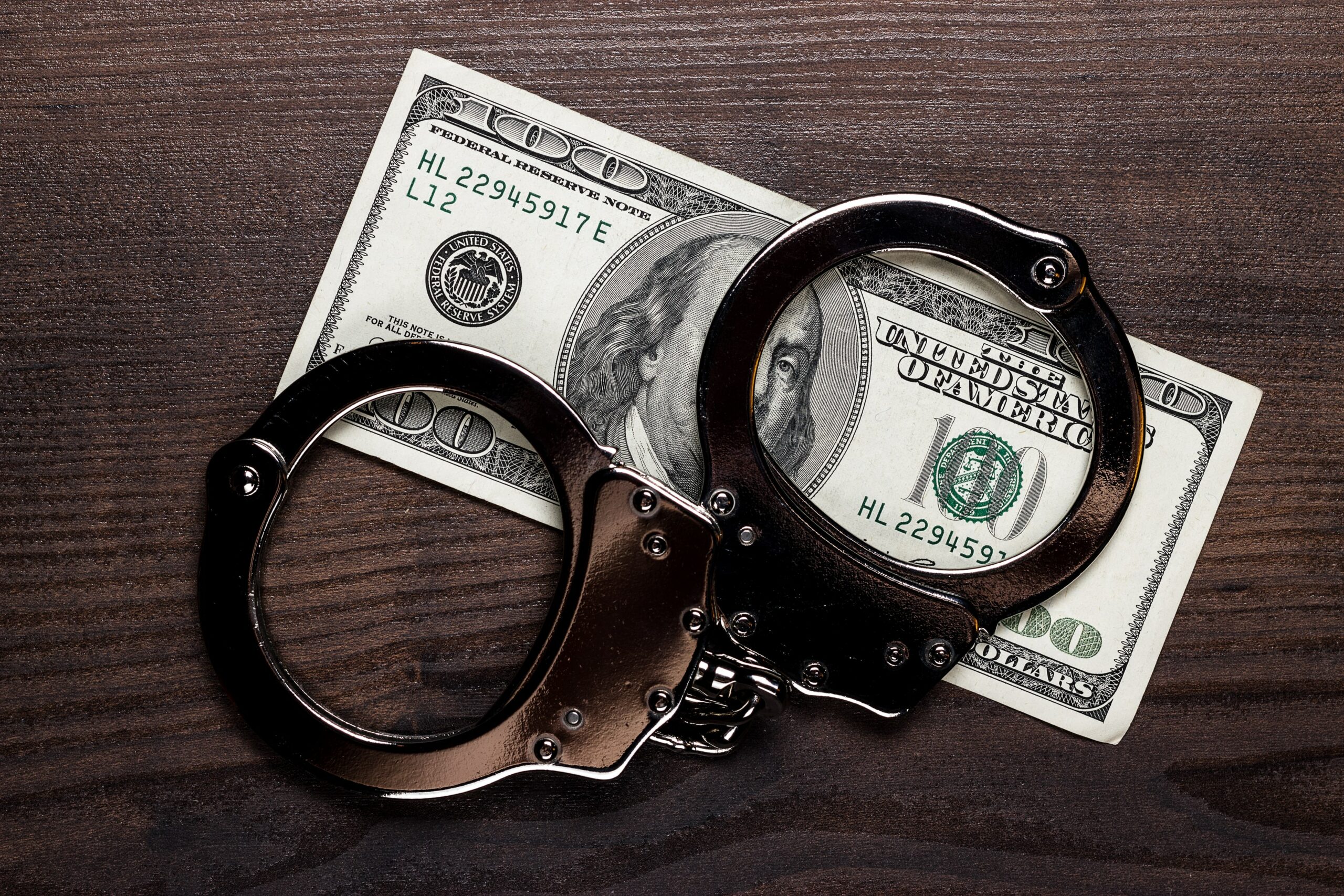Being arrested isn’t only an extremely stressful, scary experience. It can also be very confusing. As you are processed, you are given a substantial amount of information very quickly, and some of it will address how you can get out of jail.
Per the 8th Amendment of the U.S. Constitution, “Excessive bail shall not be required.” Furthermore, anyone charged with a crime is considered innocent until proven guilty. That means that innocent people should have the chance to remain free until they are proven guilty at their trial.
Bail plays a crucial aspect in the criminal justice system, and if you’ve been arrested, it’s essential to understand the bail process. This article will discuss what bail is, the types of bail in Maryland, and the bail process.
What is Bail?
Bail is the amount of money a defendant pays to the court to secure their release while awaiting trial. It’s intended to ensure that the defendant shows up for their trial.
When the defendant appears at their trial, they will receive the full amount of their bail back. However, if they fail to appear for their trial, the court can issue a bench warrant for their arrest, and their bail amount will be forfeited.
The Bail Process in Maryland
After the defendant is arrested, the arresting officer will take them to a police station or detention center for booking. The defendant’s fingerprints and picture will be taken, and the arrest record will be created.
Next, the defendant will appear at a bail hearing. There are several factors that the judge will consider during the bail hearing. After considering these factors, the judge will either set an amount or deny bail.
- The severity of the crime
- Whether the defendant is a flight risk
- The defendant’s criminal history
- The defendant’s financial situation
- Recommendations of the prosecution and defense
- Risk to the community
- Risk of harm that could be inflicted on the defendant
After the bail is set, the defendant or their family (anyone over 18) must pay the full bail amount for the defendant to be released. If the defendant cannot pay bail, they will remain in jail until their trial.
When released on bail, the defendant must abide by certain conditions. Some of these conditions can include checking in with a pretrial services officer, refraining from committing crimes, and avoiding contact with any victims or witnesses in the case.
Types of Bail in Maryland
There are various types of bail in Maryland.
- Cash bail means that the defendant must pay the entire amount in cash when arrested.
- Surety bail is when a third party, such as a bail bondsman, pays the bail amount on behalf of the defendant. There is typically a fee that the defendant must pay the bondsman, and then the bondsman puts up the rest of the money.
- Property bail is when the defendant uses the property, such as a car or a house, with equity equal to or greater than the amount of bail as collateral for the bail amount. The court can seize the property if the defendant fails to appear at trial.
- Personal Recognizance means the defendant is released without having to pay any bail. This is typically only used for defendants with no criminal history, a low-level offense, or if the defendant has close community ties and doesn’t pose a flight risk.
- Citation release is when the arresting officer gives the defendant a written citation that informs the defendant of a court date. The defendant may never be put in jail, but they must still appear in court on the cited court date.
Let Jeremy Widder Law Protect Your Rights and Your Future
The bail system plays a critical role in the criminal justice system by allowing defendants to secure their release while they await trial. However, while the bail system is essential, it can also be complicated and confusing.
Suppose you find yourself in a situation where you need to post bail or have questions about the bail process. In that case, it’s essential to consult with a qualified criminal defense attorney or a reputable bail bondsman. Understanding the different types of bail and the associated conditions can help you make informed decisions and protect your rights.
At Jeremy Widder Law, we know that being arrested and charged with a crime can be scary. We also know that you want to get out of jail as soon as possible. Our team will be by your side from start to finish and give your case the attention it deserves. We will listen to your story, advocate for you, and help you take the first steps to achieve your desired outcome.
Let’s talk. Contact us today for a consultation.






